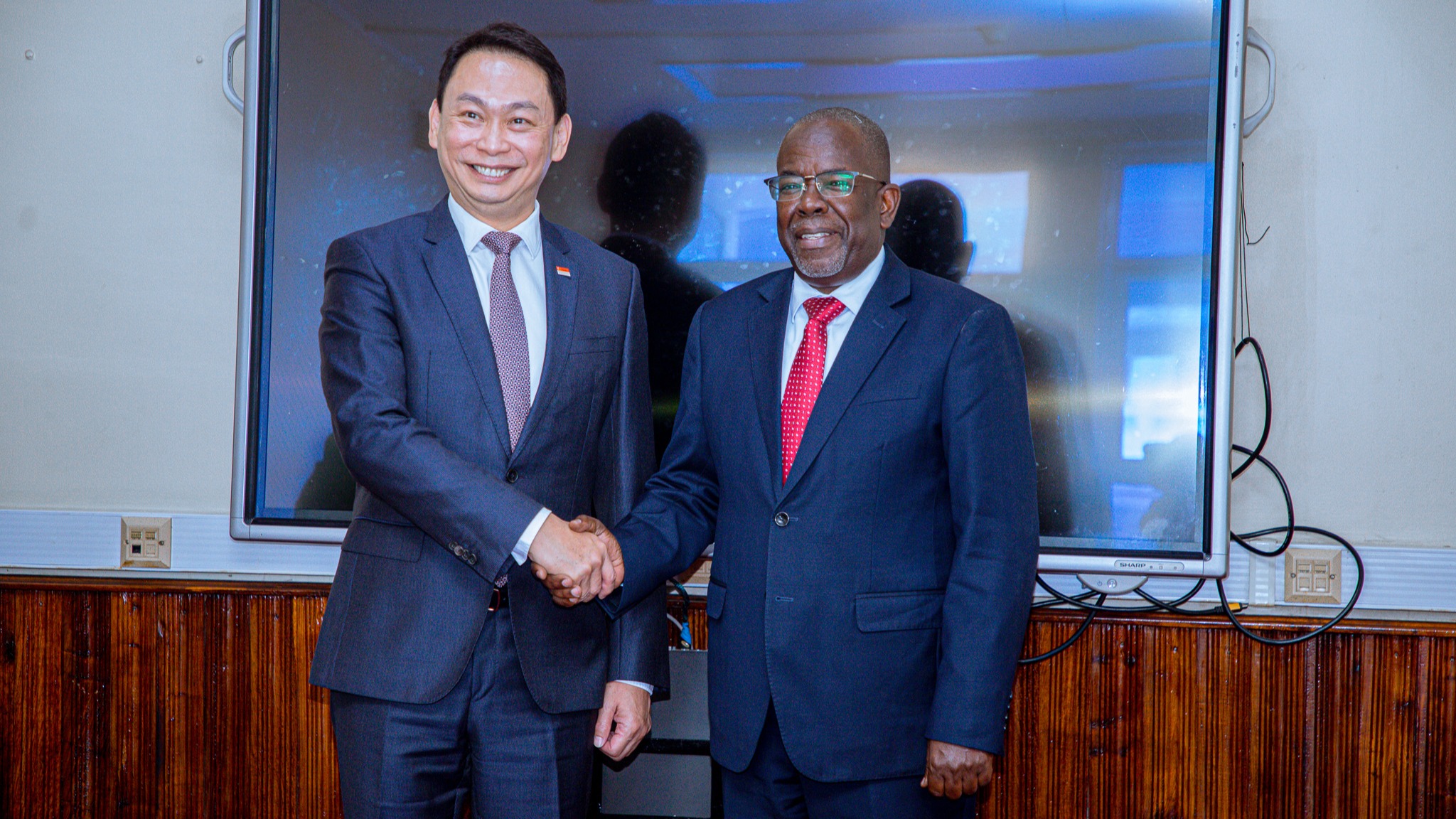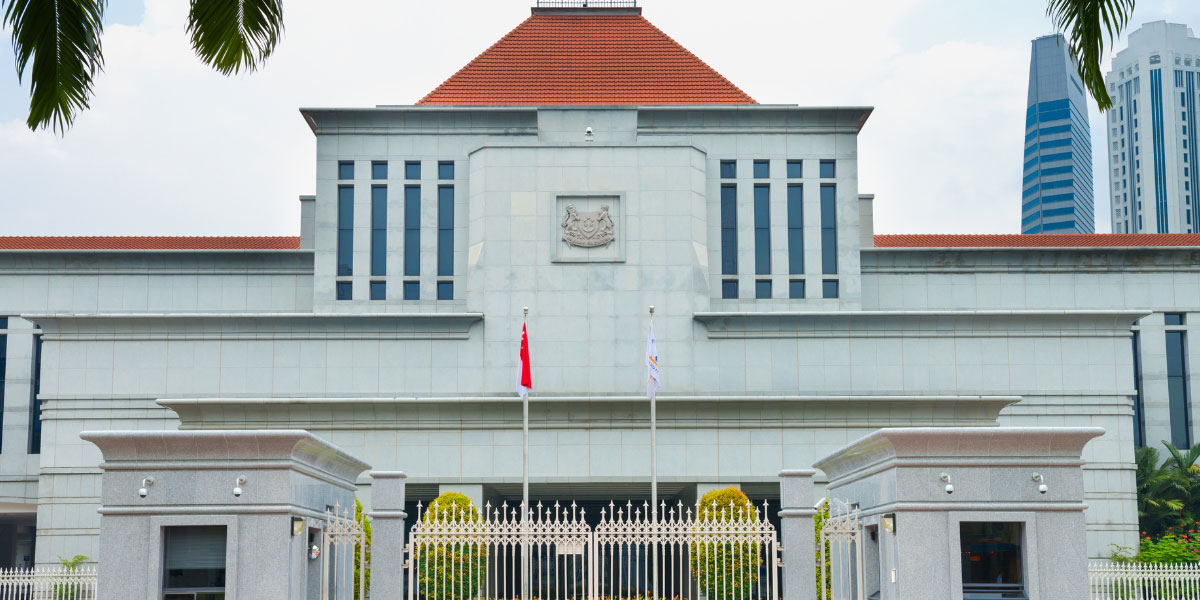Singapore has officially recognised the Multilateral Competent Authority Agreement (MCAA) on the Exchange of Country-by-Country (CbC) Reports with Ukraine as an international tax compliance agreement, it was published in Order No. S 731 on 20 September 2024.
The order entered into force and was effective from 7 August 2024.
The MCAA is a multilateral framework agreement that provides a standardised and efficient mechanism to facilitate the automatic exchange of information. It avoids the need for several bilateral agreements to be concluded. Its design as a framework agreement means the MCAA always ensures each signatory has ultimate control over exactly which exchange relationships it enters into and that each signatory’s standards on confidentiality, data protection and appropriate use of information always apply.
CbCR is a form of reporting by multinational enterprises (“MNEs”), initiated by the Organisation for Economic Co-Operation and Development (“OECD”) in the Base Erosion and Profit Shifting (“BEPS”) Action 13 Report. Singapore-headquartered MNEs with consolidated group revenue of at least SGD 1,125 million are required to prepare and file CbC reports to IRAS for financial years beginning on or after 1 January 2017. CbC reports submitted to IRAS will be provided to tax authorities of countries with which Singapore has established bilateral AEOI relationships. The Country-by-Country Report may be used for high-level transfer pricing risk assessment purposes, and may also be used by tax administrations in evaluating other BEPS related risks and where appropriate for economic and statistical analysis.
However, the information in the Country-by- Country Report should not be used as a substitute for a detailed transfer pricing analysis of individual transactions and prices based on a full functional analysis and a full comparability analysis. The information in the Country-by-Country Report on its own does not constitute conclusive evidence that transfer prices are or are not appropriate. It should not be used by tax administrations to propose transfer pricing adjustments based on a global formulary apportionment of income.














